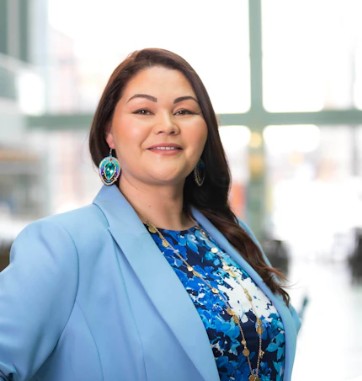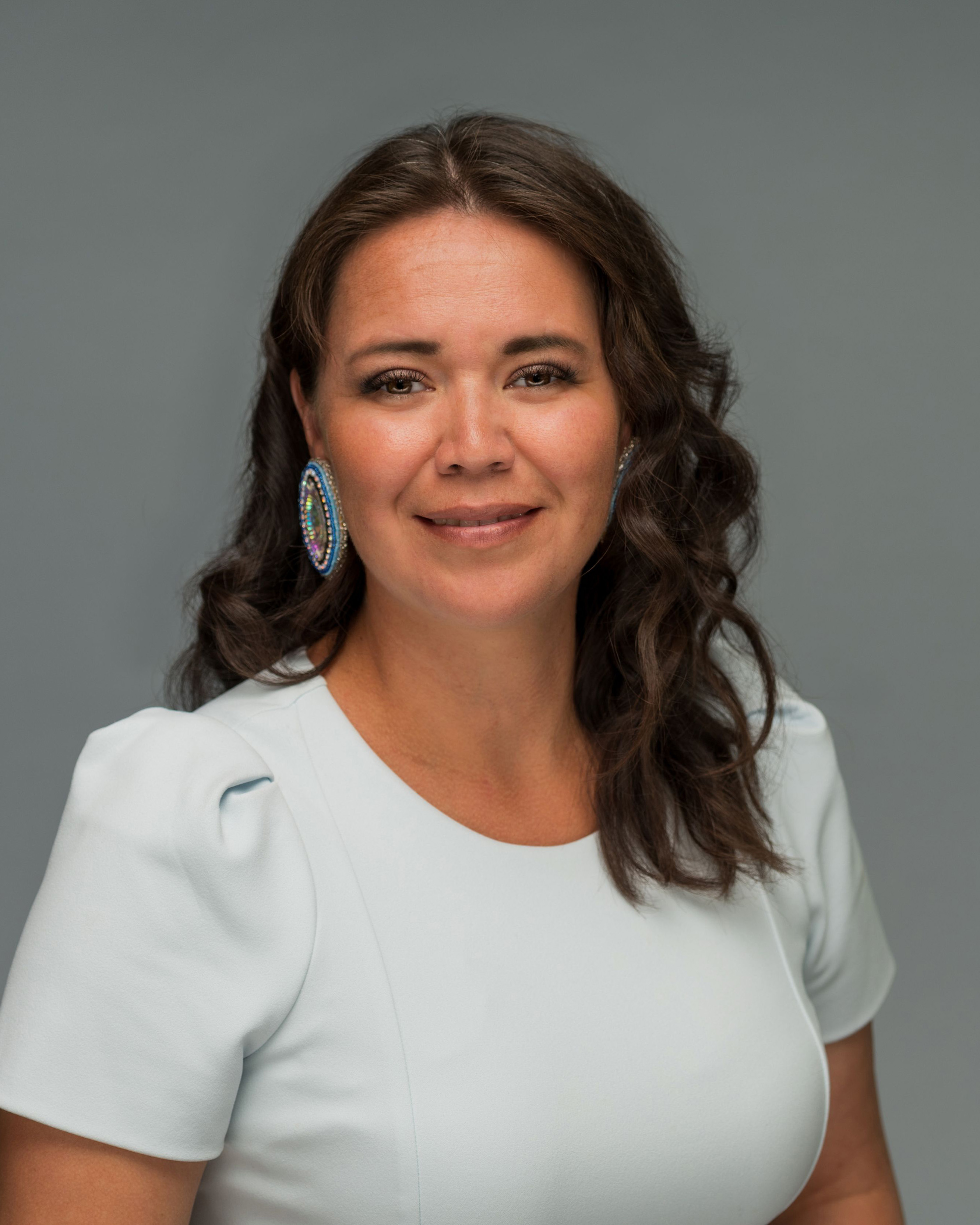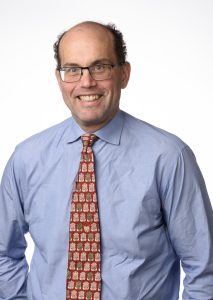Restorative Practices Program
If you are looking for information on mandatory cultural safety and anti-Indigenous racism training, click here.
CPSM's commitment to anti-Indigenous racism in medical care
Download a printable information sheet about the program
Successful uptake of the Standard of Practice – Practicing Medicine to Eliminate Anti-Indigenous Racism requires support.
We listened to concerns and built this program to be helpful, educational, and supportive for registrants to implement in practice.
The program falls under the Quality department because its focus is on education before discipline and quality improvement and personal growth as outcomes over punishment. For serious concerns where an educational approach is not suitable, it is our responsibility to protect the public and hold individuals accountable using other processes.
Truth and Reconciliation Commission Call to Action #22
This program is a response to the Truth and Reconciliation Commission of Canada's Call to Action #22:
We call upon those who can effect change within the Canadian health-care system to recognize the value of Aboriginal healing practices and use them in the treatment of Aboriginal patients in collaboration with Aboriginal healers and Elders where requested by Aboriginal patients.
It is a program you can connect with to work through any issues or concerns that occurs in the context you’re practicing medicine.
6 Facts to know about the Restorative Practices Program (RPP):
- Falls under Quality to support the implementation of the Standard and assist with the challenges we face with racism in medical practice.
- Takes a non-punitive approach (where appropriate) based on Indigenous teachings and knowledge in ways of being that focus on the humanity of the individuals involved and healing harm. We want help individuals learn and grow from that experience to be better.
- Address care concerns and support through novel ways of resolution without discipline.
- Supports the Standard to help navigate and problem solve and improve through Quality improvement lens. For serious concerns where an educational approach is not suitable, it is our responsibility to protect the public and hold individuals accountable using other processes.
- Encourages relationship-building with First Nations, Metis, and Inuit people, communities, and organizations.
-
Supports a Restorative Justice implementation in the Complaints and Investigations processes.
A tried and true approach
The Restorative Practices Program is modelled after the Prescribing Practices Program (PPP), which is also housed in the Quality department and educates and supports registrants to enhance prescribing practices. It was developed to support the implementation of the opioid and benzodiazepine prescribing standards.
We know this approach works. Last year, in 85% of cases (almost 400 calls), either education or advice was provided, enhancing competency and safer prescribing practices; only 14% required further review, and only 1% required higher intervention. In a survey of registrants who engaged with the PPP, 93% agreed or strongly agreed that the education/advice they received was helpful to their practice and 100% stated they felt supported in their interaction with the program.
Contact the Restorative Practices Program
Phone: 204-774-4344
Email: RestorativePractices@cpsm.mb.ca
Meet the team
Perspectives from individuals who have experienced anti-Indigenous racism are essential for the Restorative Practices Program. This must be balanced so that the responsibility of anti-racism work is not solely placed on these individuals. The Restorative Practices Program team supports an equitable program structure.

Dr. Courtney Leary, Medical Consultant and Indigenous Health Specialist
(Photo credit: Doctors Manitoba)
Dr. Leary started her career as an emergency medical officer at the Thompson General Hospital and experienced the effects of anti-Indigenous racism on our patient population. Currently, she works in her home community of Norway House as a primary care physician with Ongomiizwin Health Services, quickly taking on the site education lead for their medical training program and eventually the role of Chief of Staff for Norway House Hospital.
Dr. Leary has been supported to address anti-Indigenous racism and has also developed relationships and teaching sessions in Indigenous Health for colleagues and learners. Her experience in leadership, medical education and health consultation has equipped her to mentor Indigenous registrants effectively and respond adeptly to inquiries related to anti-Indigenous racism. Her strengths in cultural competency and community engagement complement her professional skills as she welcomes the important steps CPSM has made toward reconciliation with Indigenous people.

Tara Myran, Program Director & Knowledge Translation and Mobilization Specialist
Boozhoo/Han my name is Tara Myran and I am a proud member of Long Plain First Nation and Swan Lake First Nation. I carry both Ojibway and Dakota decent from my maternal and paternal grandparents.
I graduated from University of Winnipeg's Master's in Development Practice program and earned two undergraduate degrees in Psychology and Rhetoric and Communications. I’m currently pursuing a Doctor of Philosophy in Community Health Sciences from Max Rady College of Medicine.
My experience with Dakota Ojibway Health Services as a Youth Suicide Prevention Coordinator and Southern Chiefs Organization Inc. where I worked in addressing racism within the health care system has prepared me for this role.
I am grateful for this opportunity to utilize what I learned over the years and give back to our province and its citizens.

Dr. Jayson Stoffman, Medical Consultant
I completed my training in Pediatric Hematology/Oncology in Manitoba in 2005 and practiced as a member of the Department of Pediatrics with a clinical focus on non-malignant hematology until 2024. I previously served as the Medical Director of the Manitoba Bleeding Disorders Program.
I received training as a Restorative Justice facilitator through the Rady Faculty of Health Sciences, leading to ongoing involvement in Restorative Justice initiatives at both the Faculty and the Max Rady College of Medicine. I developed a model of restorative remediation for medical learners with professionalism concerns and am collaborating with colleagues in the United States to introduce restorative practices in medical education.
As the Pediatrics Residency Program Director, a role I have held since 2019, I remain active in advocacy and education. I have also served as the Academic Curriculum Director for Postgraduate Medical Education at the University of Manitoba since 2023.
I am excited to combine my knowledge and experience to introduce a program that supports and empowers registrants with a restorative approach, to enhance understanding and application of the Standard of Practice – Practicing Medicine to Eliminate Anti-Indigenous Racism.